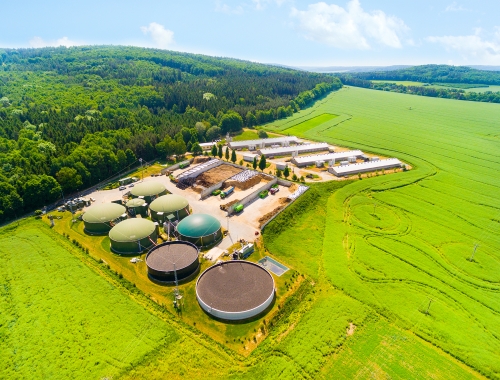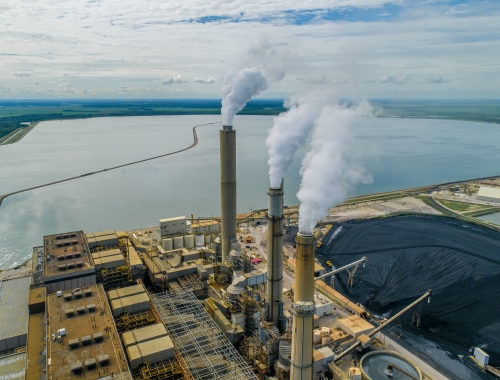Global CCS expert joints Appea as head of net zero tech
SUMMARY
Brendan Beck, who has held senior roles at the World Bank and the International Energy Agency, will focus his work on technologies including CCUS and clean hydrogen.
By Shardul SharmaPOSTED IN:
Australia’s peak oil and gas body Appea has appointed Brendan Beck as the new director of net zero technologies, it said on January 11.
Beck, who has held senior roles at the World Bank and the International Energy Agency, will focus his work on critical climate change mitigation technologies including carbon capture utilisation and storage (CCUS) and clean hydrogen.
“The Australian oil and gas industry is already at the forefront of deploying the step-change technologies needed to reach net zero, including clean hydrogen and CCUS,” Beck said. “This experience, combined with world-class energy and CO2 storage resources as well as strong commercial partnerships, means Appea members will play a pivotal role in reaching a cleaner energy future.”
“Clean hydrogen, using natural gas with CCUS, is currently by far the lowest cost pathway to low-carbon hydrogen – meaning significantly more ‘emissions reductions-bang for your buck’ compared to alternative pathways,” he added.
Beck joins Appea from the World Bank where he was instrumental in establishing CCUS programmes in Nigeria, South Africa and elsewhere. His World Bank role also involved low-carbon hydrogen, assessing domestic production and use opportunities as well as export potential in the Middle East, north Africa, eastern Europe, and central Asia.
Before joining the World Bank, Beck worked at the IEA, where he focussed on road mapping the role of CCUS in global climate mitigation efforts as well as informing the development of CCUS legal and regulatory frameworks around the world.
Appea CEO Samantha McCulloch said the appointment boosted the industry’s clout in developing emissions reduction technologies and underscored how seriously the sector took its obligations.
“As a major investor in emissions reductions technologies including CCUS and renewables, the oil and gas industry is committed to net zero greenhouse gas emissions by 2050,” she said.
“With gas having a wider role in the future, Brendan’s work will be important in examining the different ways gas and the technologies the industry excels in can accelerate emissions reductions,” McCulloch added.







